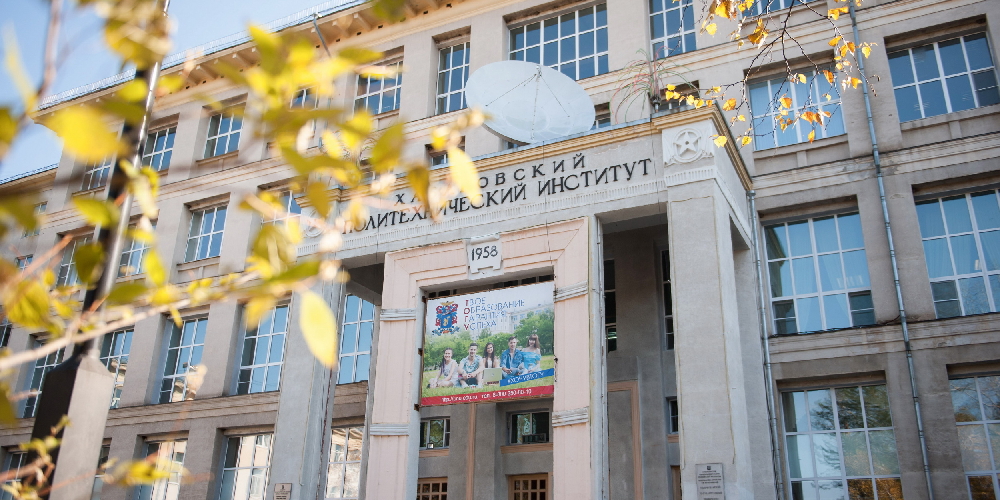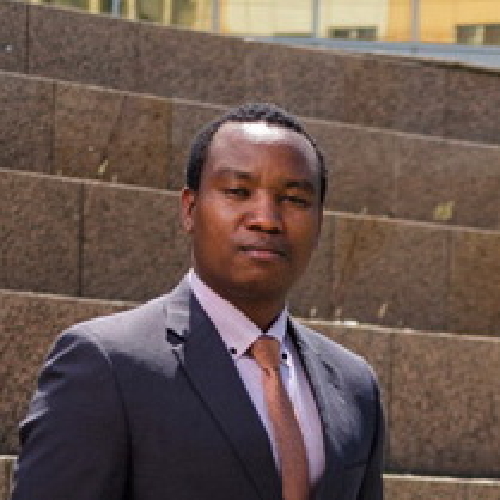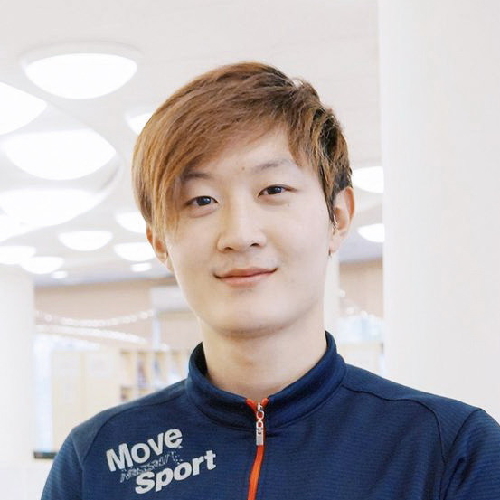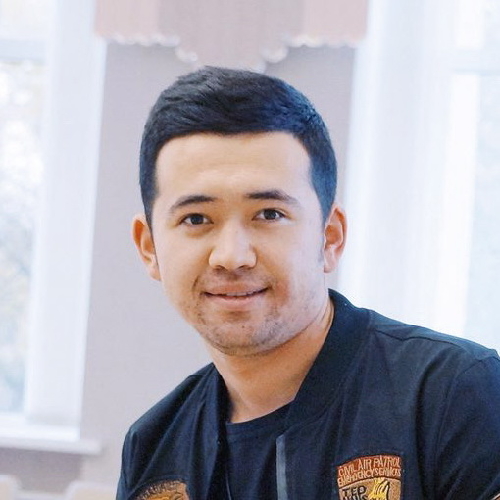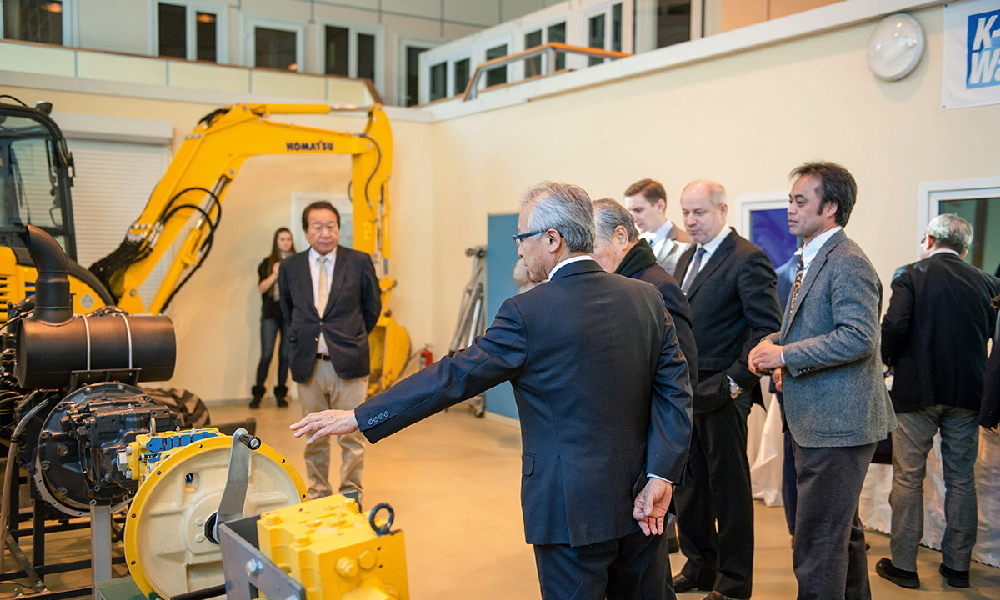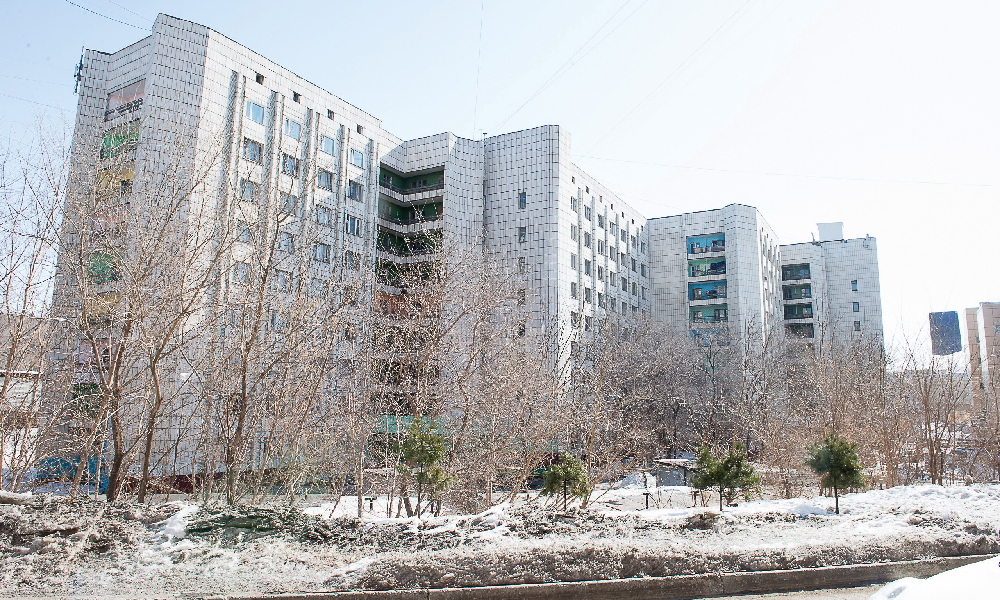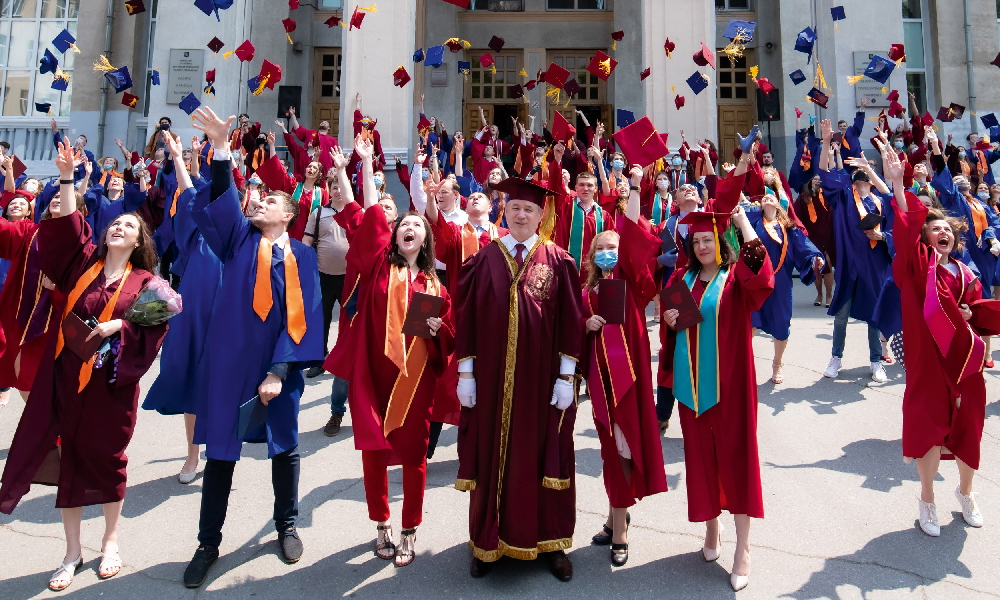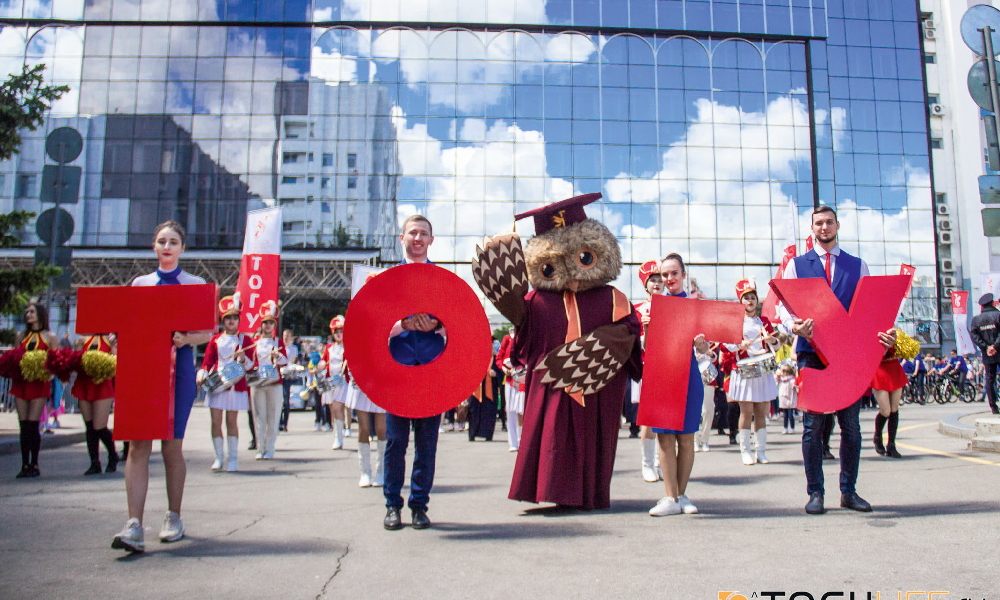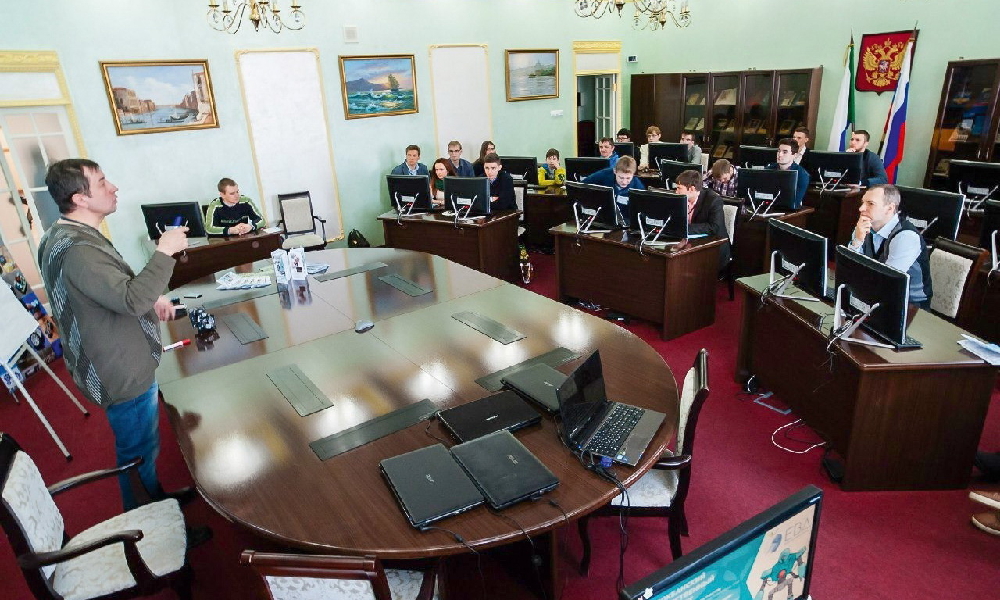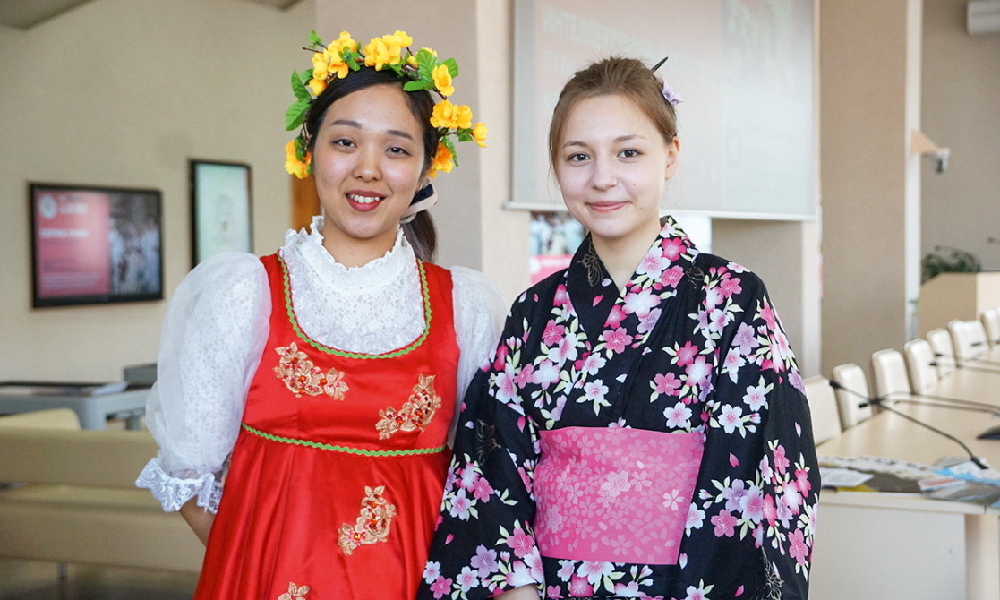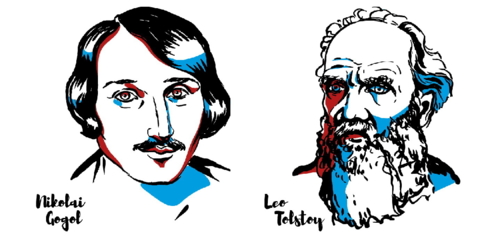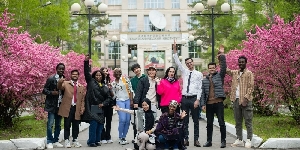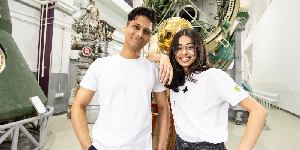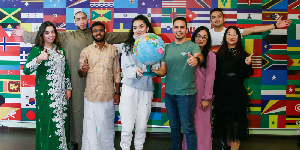> 100
bachelor's programs
> 420
candidates of sciences (PhDs)
> 120
doctors of sciences
> 1,000
internatonal students
PNU is one of the largest universities in Russia's Far East, the international education leader in the region. It trains specialists in a wide range of areas of engineering and technology, economics, humanities, sociology, architecture and design, pedagogy and education. Founded in 1958.
Infrastructure
- 10 dormitories on two campuses
- 7 educational buildings and 1 laboratory building
- PNU research library with a stock of 1.6 million
- Business incubator
- Museum
- Politentsentr shopping and entertainment center
- Student polyclinic
- Berezka health care canter
- Swimming pool, aquatics and health center
VK - @togu_politen
Tuition fees per year
Bachelor's programs 178 000 — 210 000 RUB
Specialist's programs 172 000 — 230 000 RUB
Master's programs 186 000 — 250 000 RUB
PhD programs 220 000 RUB
- Bachelor's and Specialist's programs
June 19 – July 16 – Document submission to state-funded places (besides the quota places)
June 19 – August 27 – Document submission to fee-paying places
Till July 25 – Entrance exams for state-funded places (besides the quota places)
Till August 30 – Entrance exams for fee-paying places
June 19 – August 23 – Document submission to state-funded places (besides the quota places)
June 19 – August 27 – Document submission to fee-paying places
Till July 27 – Entrance exams for state-funded places (besides the quota places)
Till August 30 – Entrance exams for fee-paying places
State-Funded Places For Foreign Citizens
- > 200 places annually within the quota allocated by the Russian Government
- > 1,700 places in 2021 for compatriots and citizens of Kazakhstan, Belarus, Tajikistan, and Kyrgyzstan on equal terms with Russian citizens
Required Documents
- Application
- A copy of passport issued by the foreign state (with a notarized translation into Russian)
- A copy of the document confirming your previous education (with a notarized translation into Russian / note of legalization /certificate of education recognition)
Admission Of Foreign Citizens
studyatpnu@mail.ru for citizens of CIS countries and other former USSR countries
study@pnu.edu.ru for citizens of other countries
+7 4212 72-07-12
Tikhookeanskaya Street, 136, Office 241, Khabarovsk
Xavier Francois Habinshuti, Rwanda
In my native country, I worked as a computer technology teacher at a polytechnic college. I got an offer to take part in a PhD scholarship program. I applied for it, and Pacific National University chose me.
In the beginning, I took a preparatory course in an engineering group. I studied Russian, speech styles, mathematics, physics, and Russian geography. Russian was the most difficult subject.
In Rwanda, we know little about Russia, only that it is a country with super technology, which ranks among the top five best countries in the world. When I was coming to Russia, I wasn't worried. I read about the country and knew that the police work well here. And if you come legally, everyone will be happy to see you.
The education system in Russia is more developed than that in Rwanda, as it exists for a longer time. Teachers have more opportunities for enhancement in Russia. There are libraries and laboratories. That's great.
Science
- > 20 scientific schools
- 19 scientific laboratories
- 11 academic and research laboratories
- 5 research and methodology centers
- 17 research and education centers
International Cooperation
- 92 foreign partner universities
- Academic exchange programs
- Double degree programs
- International scholarships and grants
- Summer and winter language programs
- Internships abroad
Double Degree Programs
Bachelor's programs, Management
- Northeast Agricultural University in Harbin, China
- Jilin University of Civil Engineering in Changchun, China
Bachelor's programs, Architecture
- Jilin University of Civil Engineering in Changchun, China
Bachelor's programs, Technology of Transport Processes
- Xinjiang Agricultural University in Urumqi, China
Master's programs, Management
- University of Montpellier 2 Science and Technology, France
Marc, South Korea. Faculty of Philology, Interpreting and Translation Studies and Cross-Cultural Communication
After the army (many young people in Korea serve in the army after the first or second year of study), I seriously considered studying Russian and found a student exchange program. I chose PNU from several universities.
I knew nothing about Khabarovsk, only that it has the Amur River. And, to be honest, I was afraid of racial discrimination.
I like living and studying in Khabarovsk. Local people are really helpful.
Pre-University Training Programs For Foreign Citizens
Subjects:Russian language, scientific style of speech, special subjects
Study areas: humanities, economics, engineering and technology, medicine and biology, natural sciences
- Admission to state-funded (within the quota) and fee-paying places.
- Offline and online learning.
- International Summer And Winter Schools
Tuition fee 136,000 RUB
International Summer And Winter Schools
Subjects: Russian language, economics, ecology, decorative and applied arts
- Classroom lessons, master classes, field trips
- Cultural and sightseeing tours
Duration 1–4 weeks
580+
job openings per year
> 360
events involving employers
Partnership
> 300 partner employers
Geographical spread: Khabarovsk and the Khabarovsk Territory, the Primorye Territory, Kamchatka, Sakhalin, Amur and Magadan Regions, the Chukotka Autonomous District, Yakutia, Buryatia, and other Russian regions.
Top industries in the economy of Russia's Far East: mining and processing industry, forestry, civil engineering, transport and communications, trade and public catering
Socio-cultural sphere: education, social welfare and household services, science, management, housing and utility sector, banking sector, information technologies.
Events
- Job fairs, meetings
- Presentation of graduates and companies
- Career days at companies
- Tours around enterprises and organizations
- Career guidance meetings with companies' heads and leading specialists
- Training programs, master classes, seminars, workshops
The Best PNU Graduate contest
- Showcasing professional achievements
- Building a professional portfolio and an attractive résumé
- Introducing oneself to the group of interested employers
- Getting group interview experience
- Getting real employment offers
- Inclusion in the employee pool
Job openings for students and graduates https://vk.com/start_kareer
Ahmadi Ali Reiza , Afghanistan, School of Economics and Management
Choosing a university, I visited many Russian cities and decided on PNU in Khabarovsk. I was the only student from Afghanistan here, and this motivated me to get acquainted with guys from other countries.
During the first year, I studied Russian because I didn't speak it at all. I didn't even know how to greet people. Now I can easily go to the city center and communicate effectively.
Now we are studying mathematics, economic theory, philosophy, but somehow we are not studying computer science, which I will need in my future profession. That's why I read and study a lot by myself.
Student Life
- 19 student social organizations
- 24 creative studios
- > 200 educational and leisure activities per year
- > 200 sports events per year
- 9 student mass media
- 25 sports clubs
- International Friendship Club
Association Of International Graduates
It helps keep in touch with the university, serves as a platform for sharing experience and professional and creative fulfillment of graduates
afg.pnu.edu.ru
alumni@pnu.edu.ru
+7 4212 37-52-65
International Friendship Club
- Assistance in socio-cultural adaptation
- Internationalization of education
- Establishing and strengthening friendly relations among students from various countries
- Expanding knowledge of languages, history, customs of various peoples
- Developing students' creative and intellectual abilities
- Building teams and associations for developing, discussing and implementing student projects
pnu.edu.ru/ru/ic/pic
VK - @pnu_interclub
011098@pnu.edu.ru
+7 4212 22-43-79
+7 914 429-05-63
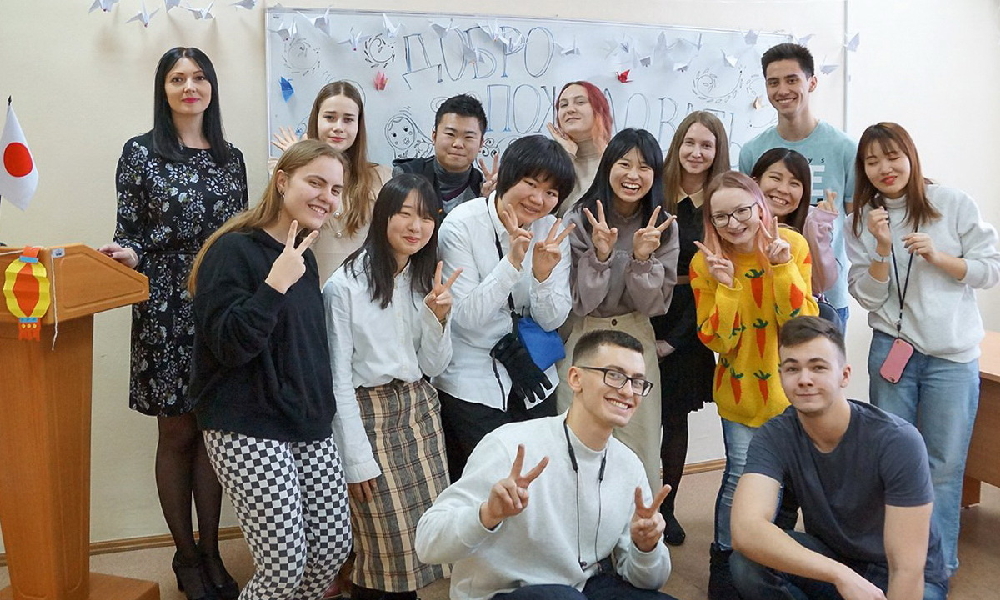
Winter Russian language school for Japanese students
PreviousNext30.06.2021
